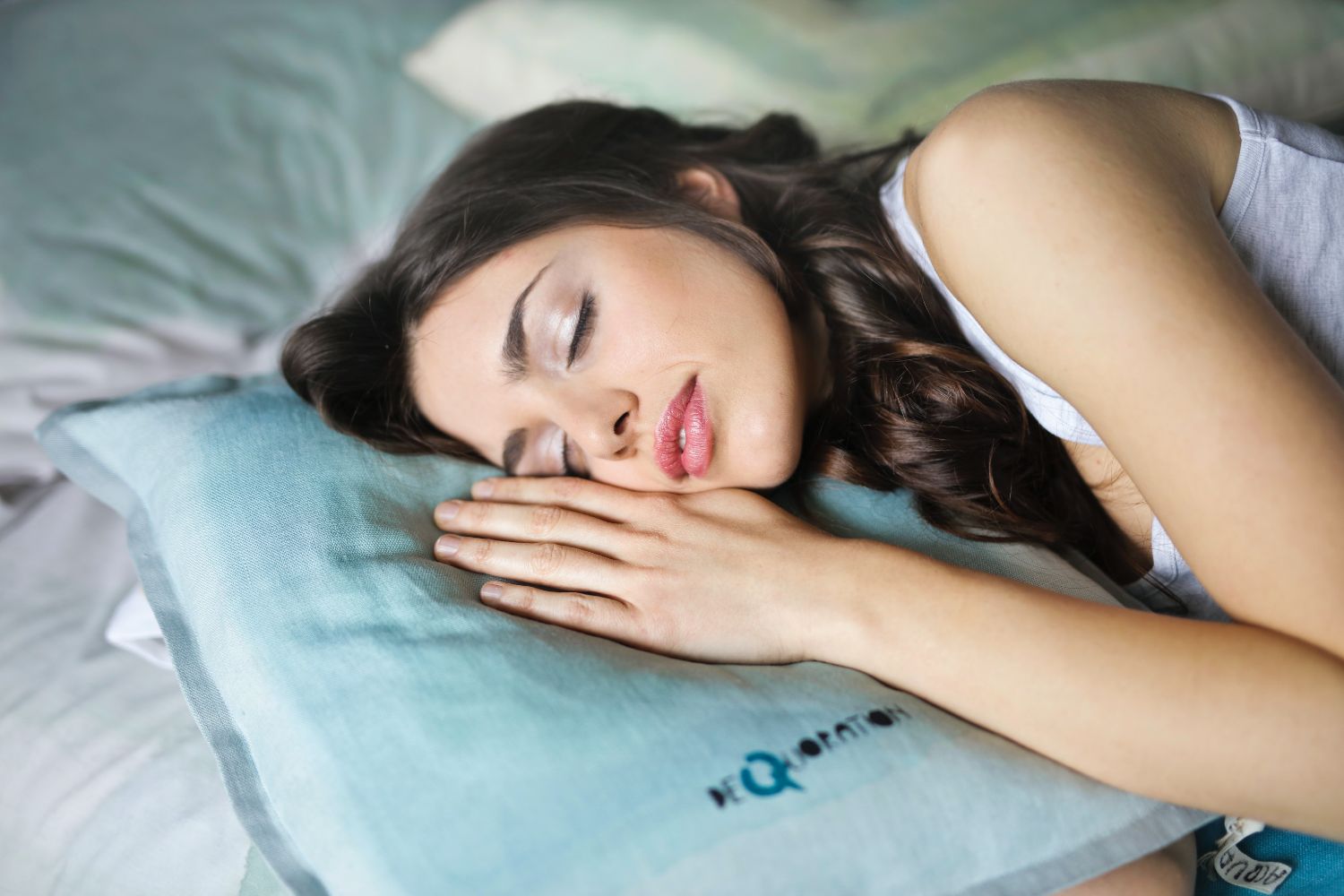Everyone knows that sleep is necessary. Without sleep, a typical person will not live much more than a week – if even that. Sleep is what makes it possible for our brains to recharge, our cells to regenerate, and for bodies’ hormones to level out.
We also know that the quality of the sleep we get at night will determine how well we function that day. After all, who hasn’t had a night where we were kept up, tossing and turning – only to have a terrible day afterward? People who lack quality sleep often find themselves feeling irritable, unable to focus, and are generally less happy.
Yes, we all know that a good night’s sleep is vital to our wellbeing. But if you look at the science behind sleep, you might just discover that there’s more to getting your standard eight hours of bedtime than common knowledge lets on. What most people don’t realize is that each body will have different sleep needs.
Many different factors will impact the natural rhythm that your body has. Even the gender that you’re born into will affect how much sleep you get. According to a recent study released by Britain’s top sleep expert, Dr. Horne, it’s true. On average women need about 20 minutes more sleep than men in order to feel equally rested.
You might be wondering why women need just a little more sleep than their male counterparts. Believe it or not, studies have pointed out two fascinating reasons as to why that is:
The primary reason why women need more sleep deals with brain function. Studies have shown that women are far more likely to multitask than men are, and multitasking expands more brain energy. As a result, multitaskers (most women) tend to require more sleep than people who approach a single task at a time.
Women also tend to have poorer sleep quality than men do. Women require more deep sleep and are far more troubled by sleep apnea and sinus-related sleep disturbances than men are. The lower the quality of sleep, the longer you need to get the right amount of Z’s.
What’s more is that serious sleep disorders, like sleep apnea, may affect men and women differently. Women with sleep breathing difficulties are commonly under-diagnosed because they don’t fit the classic profile of an overweight male sleep apnea patient. Due to the fact that testosterone and progesterone increase when women don’t get proper rest, ladies are more likely to get moody, gain weight, or lose focus at work as a result of a sleepless night. To make matters even worse, women who feel more irritable throughout the day tend to have an even harder time getting to sleep at night. It’s easy to see how this can turn into a vicious cycle.
Though the news sounds grim, there are a lot of ways women can improve the quality of sleep they get – or, at the very least, get more sleep on a regular basis. Taking care of sinus-related and breathing issues can help, as can making time to get ready for bed after a particularly stressful day at work. Also, going to sleep earlier can help you get those final few minutes you need to recharge for a bright, sunny new morning.
If you have been struggling with being able to feel rested after a long night’s sleep, it’s very possible you might have a medical condition that affects your sleep cycle. Thankfully, there are many different ways you can take back your nights. All you need to do to get that wonderful sleep is to call our office at 201-771-81581 to learn how.

